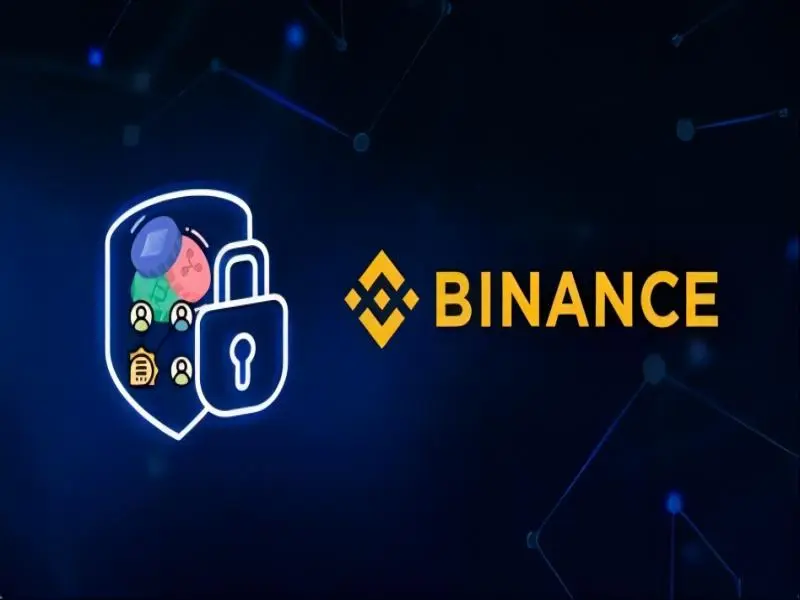- Serving as a comprehensive platform, Binance caters to the diverse needs of crypto enthusiasts, providing a vast selection of crypto products all in one place.
- Binance stands as the leading global cryptocurrency exchange, renowned for its unrivalled security measures.
- But no crypto exchange is completely secure. In this article, we’ve explained the major security features of Binance, the risks of using Binance, and some ways that you can help limit these risks.
Binance is an extremely popular cryptocurrency exchange and token. Its success is fueled by speed, low fees, and a sheer number of transactions. If a lot of people are using a platform, that means it’s easy to find buyers and sellers for the currency you’re after – known as liquidity.
The world of cryptocurrency has expanded rapidly, and with it, the need for secure and reliable platforms to store and trade these digital assets. Binance, one of the largest and most popular cryptocurrency exchanges globally, is often the go-to choice for many. But is Binance safe for storing your cryptocurrency? This blog aims to provide a comprehensive analysis of Binance’s security measures, its track record, and the potential risks involved.
Binance’s security measures
Two-factor authentication (2FA): Binance enforces 2FA, adding an extra layer of security to your account by requiring a unique code in addition to your password.
Secure wallet infrastructure: Binance uses a multi-tier and multi-cluster system to ensure wallet security. A significant portion of deposits are stored in secure, offline wallets.
Risk controls: The platform has a comprehensive risk control system that includes real-time monitoring and anomaly detection to prevent unauthorised access.
Insurance fund: Binance has a Secure Asset Fund for Users (SAFU) that acts as an emergency insurance fund to protect users’ funds in case of a security breach.
Regular audits: Binance undergoes regular security audits by external agencies to ensure the integrity of its systems.
Also read: What to understand about APNIC IPv6 addresses?
Track record
While no system can be 100% secure, Binance has a relatively strong track record when it comes to security. The platform has not experienced any major hacks since its inception in 2017, which is a testament to its robust security infrastructure.
Potential risks
Phishing attacks: Users need to be vigilant against phishing attacks, where scammers impersonate Binance to steal login credentials.
Regulatory risks: Cryptocurrency exchanges are subject to varying regulations across different jurisdictions. Changes in these regulations can impact Binance’s operations.
Technical glitches: As with any digital platform, there is a risk of technical glitches or downtime, which could temporarily affect access to your account.
Also read: How many Regional Internet Registries (RIRs) are there?
Best practices for users
Enable 2FA: Always enable 2FA on your account to prevent unauthorised access.
Use a unique email: Use an email address that is not associated with other online accounts to reduce the risk of your Binance account being compromised.
Be aware of phishing: Be cautious of unsolicited emails and messages claiming to be from Binance. Always verify the source before clicking on any links.
Diversify your holdings: Don’t keep all your cryptocurrency in one place. Consider using hardware wallets for long-term storage.
Stay informed: Keep up-to-date with the latest news and developments in the cryptocurrency space, including any changes to Binance’s policies or features.
While no platform can guarantee absolute security, Binance has implemented robust security measures and demonstrated a strong commitment to protecting its users’ assets. However, users must remain vigilant and follow best practices to minimise potential risks. As with any investment, it’s important to do your research and consider your risk tolerance before deciding to store your cryptocurrency on any platform.

